If you’ve decided to start taking creatine, you might be wondering when the best time to take it is. Should you take it before or after a workout, or does it even matter? With so much conflicting information out there, it can get confusing. In this blog, we’ll break down the science behind creatine timing and help you decide when to take it for maximum benefits.
Understanding Creatine and How It Works
Creatine is a supplement that increases the amount of stored energy (ATP) in your muscles, allowing you to perform better during high-intensity workouts. However, for creatine to be effective, your muscles need to be “saturated” with it. This means timing may not be as critical as consistent use.
Key Factors That Influence Timing
1. Muscle Saturation
The most critical aspect of creatine supplementation is consistency. Creatine works by saturating your muscle stores over time, meaning that missing doses or being inconsistent can reduce its effectiveness. The goal is to keep your muscles continuously topped up with creatine to ensure optimal performance and recovery.
2. Workout Intensity
High-intensity workouts, like weightlifting or sprinting, place greater demands on your muscles' energy systems. For such activities, timing your creatine intake around your workouts can help you reap the benefits of enhanced ATP availability, giving you the energy for short, explosive movements.
3. Absorption
Creatine absorption is influenced by how and when you take it. Consuming creatine alongside carbohydrates can boost its uptake as carbohydrates spike insulin levels. Insulin acts as a transport mechanism, helping shuttle creatine into your muscle cells more effectively.
When to Take Creatine: Before or After a Workout?
Taking Creatine Before a Workout
Some people prefer taking creatine before a workout to feel prepared and energized. While creatine doesn’t work as an immediate energy booster, consistent use ensures that your muscles are already saturated with creatine. This leads to higher ATP levels, which support high-intensity, short-duration efforts during your workout.
Best for:
-
Those who like it as part of their pre-workout ritual.
-
Individuals who find a psychological boost from taking it before hitting the gym.
Taking Creatine After a Workout
Post-workout supplementation is widely considered the optimal timing for creatine intake. After exercise, your muscles are more receptive to nutrients, thanks to increased blood flow and insulin sensitivity. Pairing creatine with a carbohydrate-rich meal or protein shake can enhance absorption and promote muscle repair.
Best for:
-
Maximizing recovery and muscle repair.
-
Supporting nutrient replenishment after a workout.
Other Options: Anytime Dosing
If timing your creatine intake around workouts feels cumbersome, don’t worry—anytime dosing works just as well. The key is maintaining daily consistency with your recommended dose of 3–5 grams, regardless of when you take it.
Tips for Creatine Timing
-
Split Doses if Necessary
If you’re doing a loading phase (typically 20 grams per day divided into 4 doses), spreading your intake throughout the day can help minimize potential side effects like bloating or stomach discomfort. -
Combine with Meals
Taking creatine alongside meals, especially those containing carbs, can improve its absorption by leveraging insulin’s muscle transport effect. -
Stay Hydrated
Creatine draws water into your muscle cells to improve performance and recovery. To prevent dehydration, drink plenty of water throughout the day, especially when supplementing with creatine.
What About Rest Days?
Creatine is not just for workout days. Maintaining muscle saturation is essential, so continue taking it even on rest days. The benefits of creatine are cumulative, and skipping doses on non-workout days can reduce its long-term effectiveness.
On rest days, you can take creatine at any time that fits your schedule, such as with your morning coffee or a midday meal. The important thing is to stay consistent!
The best time to consume creatine depends on your routine and preferences. While post-workout is a great option for absorption, consistency is far more important than timing. So, find a schedule that works for you and stick with it. Whether you take it before, after, or at another time, creatine can support your fitness journey and deliver the benefits you’re looking for.
FAQs
-
What is Creatine and How Does It Work?
Creatine is a compound that helps produce ATP, your body’s main energy source for high-intensity workouts. It increases muscle energy stores, improves strength, and enhances recovery when taken consistently.
-
When should I start taking creatine?
You can start creatine once you have a consistent workout routine and fitness goals in place. It benefits beginners, experienced athletes, and anyone looking to improve strength, endurance, and recovery.
-
How should I take creatine?
The most common approach is taking 3–5 grams daily, with or without a loading phase. It can be mixed with water, juice, or a protein shake and works best when taken consistently.
-
What’s the best time to take creatine?
Creatine can be taken before or after a workout, but consistency matters more than timing. Post-workout with carbs or protein may enhance absorption, but daily intake is the key to long-term benefits.







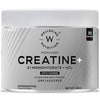
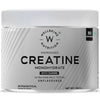





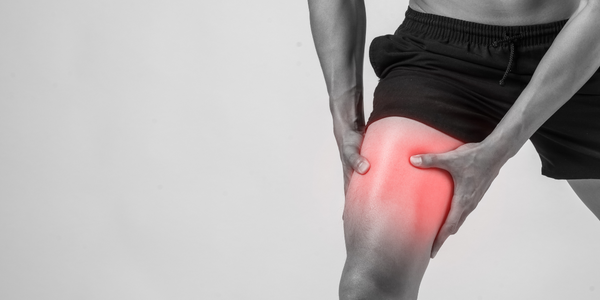
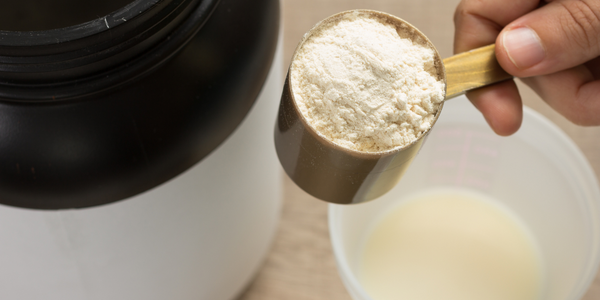
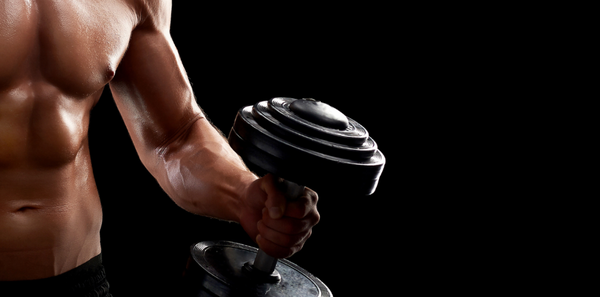
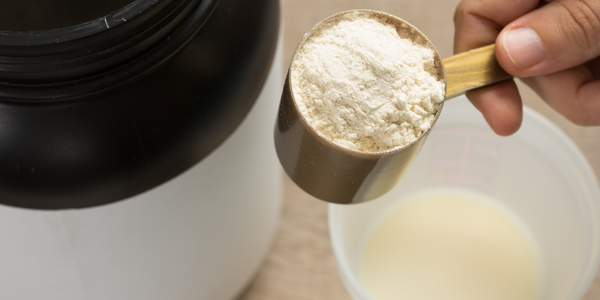
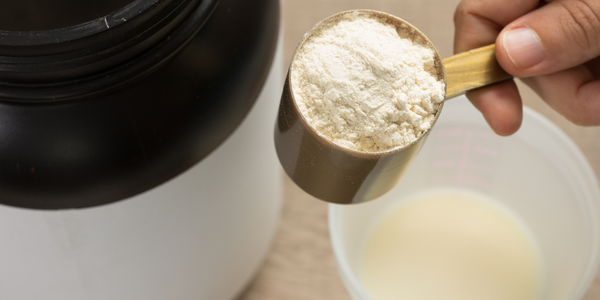

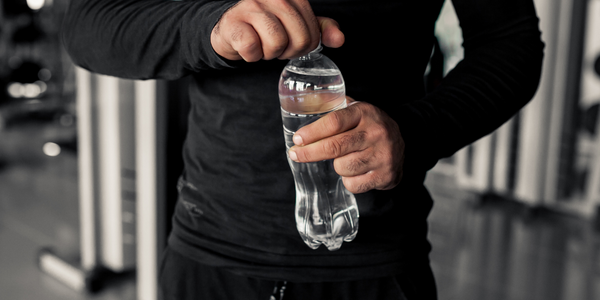

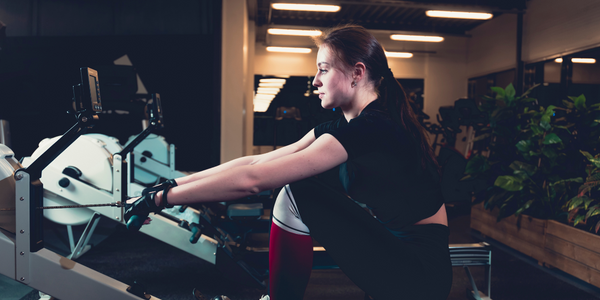






 DOWNLOAD NOW
DOWNLOAD NOW
